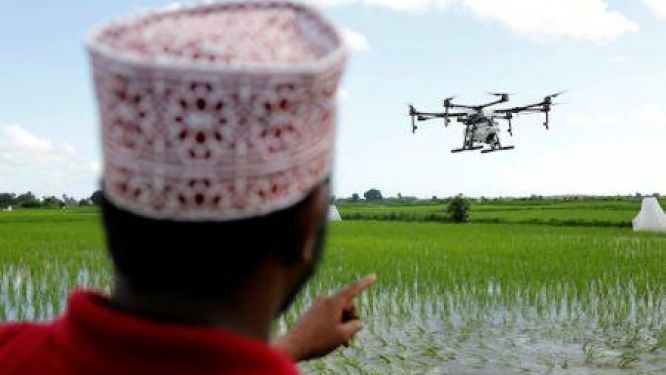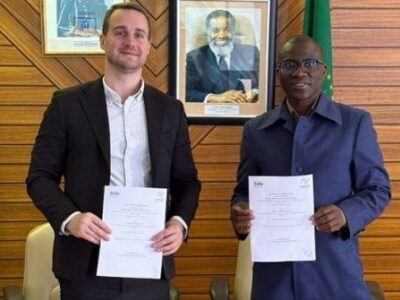
(Ecofin Agency) – Deep-tech startups in Africa have raised more than $3 billion in funding between January 1, 2013, and June 30, 2023, a recent report by Briter Bridges revealed. The document revealed that these funds were raised through 360 transactions, constituting 15% of the total funds raised by African start-ups during that period.

The “Mapping the African Deeptech Landscape”, highlighted significant growth in companies specializing in AI, IoT, solar, and robotics. Deep-tech funding gained investor traction in 2016, surging from $86 million in 2015 to $1.2 billion in H1 2023. Two significant transactions were recorded during this period: a $330 million funding round by drone delivery specialist Zipline and the acquisition of Tunisian AI start-up InstaDeep by German biotech firm BioNTech for $440 million.

Equity financing constituted 67% of funds raised, venture debt 18%, and grants 11% during the reviewed period. Most transactions involved early-stage development, with incubator/accelerator phases accounting for nearly a third (33%) of operations, followed by Series A (19%) and seed funding (16%). While funding deficits persist across all stages, late-stage financing poses the greatest challenge.
AI and IoT Lead Technologies
The report highlights that AI and IoT are the primary technologies utilized by African deep-tech start-ups. Companies leveraging these technologies, such as Instadeep, Sama, Instabug, and Zipline, attracted the bulk of funding. Other emerging technologies include blockchain and 3D printing.
Regarding product development, 36% of innovations are hardware-based, 36% combine hardware and software, and 28% are solely software-based. Examples of software-only products include AI algorithms used in big data. Combined hardware-software products include autonomous drones that incorporate AI-driven sensors and navigation systems.

Products range across various sectors, with renewable energy and clean tech products being the most common (20%), followed by health and biotech (17%) and agriculture (8.5%).
The maturity of African deep-tech ecosystems varies significantly from one country to another. South Africa leads with over 90 entities, attributed to a well-established innovation ecosystem, strong academia, and government support for Research and Development (R&D).

Egypt and Tunisia follow, each with 45 and 40 active deep-tech startups, respectively, supported by robust local ecosystems and quality education.
Kenya and Nigeria boast emerging deep-tech ecosystems, driven by a growing number of start-ups specializing in clean tech and renewable energy.
Founders with High Educational Attainment
In general, deep tech startups in Africa emerge through three main pathways. Firstly, there are innovations stemming from universities, known as “spin-offs,” where student entrepreneurs create startups leveraging university infrastructures and resources like laboratories.
The second pathway involves ecosystem-driven innovation, where startups either develop a product from scratch or adapt an existing one, launching innovations after securing funding and allocating resources for R&D.
The third pathway for African deep tech startups is through “spin-outs,” which originate from research labs of large companies. These startups typically maintain ties to the parent company regarding intellectual property.
Regarding the founders of deep tech startups on the continent, Briter Bridges indicates that nearly 90% of listed startups are led by men, with only 13.5% having at least one woman on their founding team. Data also shows that founders of these startups have solid educational backgrounds: 35% hold a master’s degree (Bac+4), 30% have a bachelor’s degree (Bac+3), 16% have an MBA (Master of Business Administration), and 11% have a doctorate.









Comments